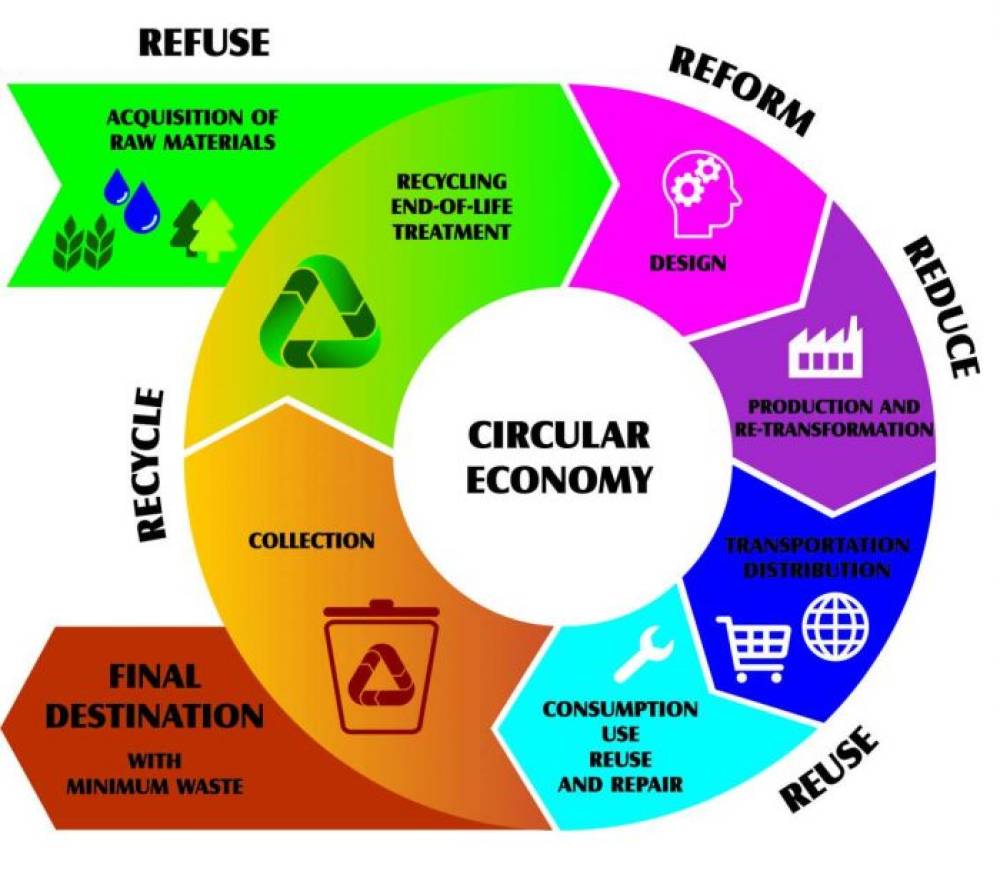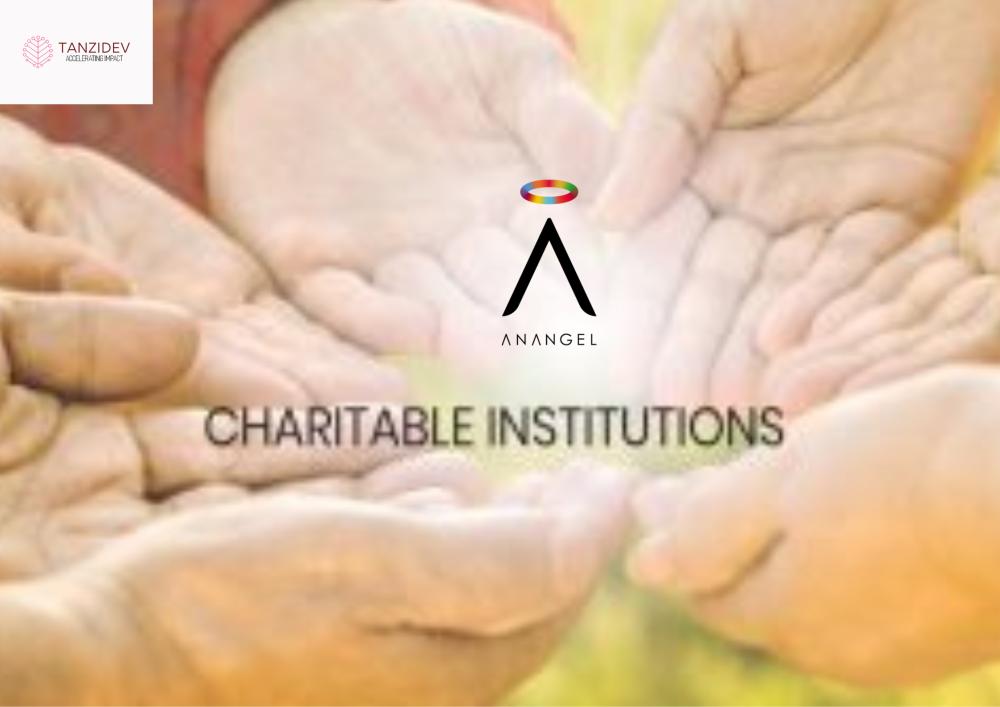

Embracing the Circular Economy: Paving the Way for Sustainable Development in Mauritius
In the quest for a more sustainable and resilient future, countries around the world are exploring innovative approaches to reduce waste, conserve resources, and foster economic growth. In this regard, the circular economy concept has gained prominence as a transformative framework that promotes sustainable production and consumption patterns. The beautiful island nation of Mauritius is no exception, as it embraces the principles of the circular economy to pave the way for a more sustainable and prosperous future. In this blog, we will delve into the concept of the circular economy and explore its implementation and potential benefits in Mauritius.
Reducing Waste and Extending Product Lifecycles:
The circular economy seeks to minimize waste generation by emphasizing the importance of recycling, reusing, and repairing products. In Mauritius, initiatives are underway to promote waste reduction and efficient resource utilization. For instance, the "Waste to Wealth" program encourages the recycling and upcycling of materials, transforming waste into valuable resources. By extending the lifespan of products through repair and repurposing, Mauritius can reduce landfill waste and conserve valuable resources.
Sustainable Agriculture and Food Systems:
The circular economy principles are applied to Mauritius' agricultural sector to promote sustainable practices and reduce food waste. Initiatives such as organic farming, composting, and community-supported agriculture are gaining traction. By embracing regenerative farming techniques, minimizing chemical inputs, and optimizing food supply chains, Mauritius aims to create a sustainable and resilient food system that maximizes resource efficiency and minimizes waste.
Energy Efficiency and Renewable Energy:
Transitioning to a circular economy in Mauritius involves a strong focus on energy efficiency and renewable energy sources. The country's commitment to reducing its carbon footprint and dependence on fossil fuels is evident through the adoption of renewable energy technologies, such as solar and wind power. By optimizing energy consumption, promoting energy-efficient practices, and embracing clean energy sources, Mauritius aims to create a more sustainable energy landscape that contributes to greenhouse gas emissions reduction and enhances energy security.
Promoting Sustainable Tourism:
Tourism plays a vital role in Mauritius' economy, and the circular economy principles can be applied to make the tourism sector more sustainable. Initiatives such as eco-tourism, waste management programs, and sustainable transportation options are being implemented to minimize the environmental impact of tourism activities. By promoting responsible tourism practices, protecting natural resources, and engaging local communities, Mauritius aims to create a circular tourism economy that benefits both visitors and the environment.
Collaboration and Stakeholder Engagement:
The transition to a circular economy requires collaboration and engagement from various stakeholders, including government entities, businesses, NGOs, and citizens. In Mauritius, partnerships between the public and private sectors are being fostered to drive the circular economy agenda. This collaboration enables the exchange of knowledge, resources, and best practices, leading to more effective implementation and greater impact.
Conclusion:
Mauritius is taking significant strides towards embracing the circular economy and integrating sustainability into its development agenda. By reducing waste, optimizing resource utilization, and promoting sustainable practices across sectors such as agriculture, energy, and tourism, Mauritius aims to create a resilient and prosperous future. The transition to a circular economy requires collective efforts, innovative solutions, and stakeholder engagement. As Mauritius continues its journey towards a circular economy, it sets an inspiring example for other nations striving to achieve sustainable development and a greener, more inclusive future for all.


